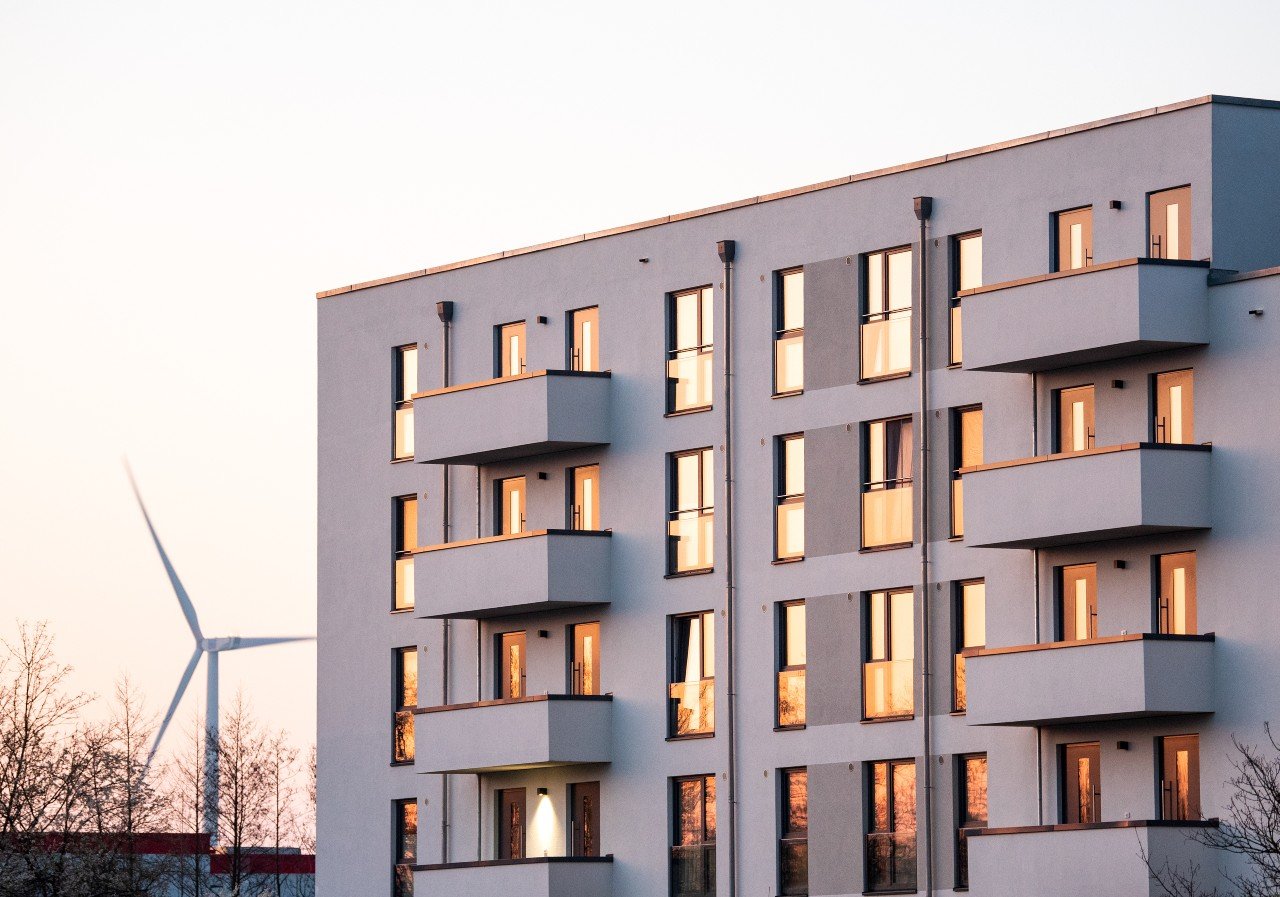The law on the rent cap (Mietentdeckel) is to be finally passed by Berlin's House of Representatives by the beginning of 2020. It will then apply retroactively – meaning when the five-year freeze officially starts – from June 18th, 2019.
Because housing costs in the capital have risen sharply in recent years, the capital's governing coalition plans to freeze rents for 1.5 million apartments built before 2014 for five years.
READ ALSO: Berlin rents rise above record €10 per square metre
In addition, there are upper limits of a maximum of €9.80 per square metre for Kaltmiete (cold rent, or the rent before utilities), which also cannot be exceeded when a flat is re-rented.
In future, existing rents also may not be set at more than 20 percent above this upper limit, or else tenants can demand a reduction.

Graph prepared for The Local by Statista.
Why is this controversial?
The real estate industry criticizes the plans and fears negative effects, among other things, on housing construction and on investments such as modernization.
Germany's Tenants’ Association (Mietverein), on the other hand, says that the new legislation represents historic opportunity to secure affordable rents for the majority of the population.
READ ALSO: How to join a renters' association in Germany
The discussion about the rent cap has been an ongoing topic since the Berlin Senate's centre-left governing coalition of Social Democrats, The Left, and the Green Party decided on its first key points earlier this year.
But even the “red-red-green coalition” could not agree for a long time on what the rent cap should look like.
The Left Party, and above all the Senator for Urban Development Katrin Lompscher, not only wanted to prohibit future rent increases, but also for rent to be based more closely on income.
The Social Democrats, represented by Berlin’s mayor Michael Müller, has however firmly opposed this. The agreement reached Tuesday therefore represents a compromise between the three parties.
Here are the main points of the new rental cap:
- Rents will be frozen for five years, and the legislation is expected to go into effect at the beginning of 2020.
- Starting in 2022, rents can be raised by up to 1.3 percent per year in order to factor in inflation.
- While the new legislation will apply to 1.5 million apartments in Berlin, it won't be valid for an addition 4,000 of them. This is due to various exceptions, such as housing projects, newly built apartments and
- Existing rents also cannot be higher than 20 percent of the rent freeze, or a maximum of €13 .
- Modernizations can cause the rent to go up by €1 per square metre, even without a tenant’s permission.
- If a landlord re-rents an apartment, they cannot demand more than they did with the previous tenant. The rent could even be lower than before if deemed to be too high.
- As was announced on Monday, the upper limit in the table is €9.80 in Kaltmiete (cold rent) per square metre.
- The new law is based on the Mietspiegel (rent index) for 2013, plus an added 13.5 percent, in order to reflect the rise in rents since then. According to the Immowelt real estate portal, the current average rent in Berlin stands at €11.60 per square metre.
- Rents that are lower than this can be raised by €1 per square metre in the case of re-letting – but they may not exceed the limit of €5 per square metre over the course of the rental freeze.
- The Senate Department for Urban Development and Housing is responsible for the personnel needed for implementation. Up to 250 people will be employed to help carry out the new legislation.
What is the reaction?
The draft bill already generated strong criticism in the run-up to the vote on Tuesday. On Monday, opponents of the plan wrote an open letter to the members of the Senate declaring that the rent freeze would have “massive negative effects” on the economy, in addition to the tenants, according to Spiegel Online.
New polices should instead focus on why rents are rising so rapidly, and tackle the root of the issue instead, the authors said.
With the new legislation, they wrote, “the volume of new construction will decrease, the existing apartments will not be modernized, no contribution will be made to climate protection and all of this against the background of a probably unconstitutional law.”

A mural for “affordable rent” in Berlin. Photo: DPA
Ralph Henger of the Institute of German Property (IW), which works very closely with employers, said that the new bill is “very strong encroachment on property rights”.
He instead advised the Berlin Senate to focus on the construction of new apartments. Although the rent cap protects tenants, it does not offer a solution for those looking for a new flat.
However, Berlin mayor Michael Müller defended the new legislation, calling it a necessary as a “respite for the tenants”.
“It is new legal territory. We must protect the tenants in large cities better,” he said, adding that new legal instruments are often met with controversy.
Will the new law make it harder to find a flat in Berlin?
An undesirable consequence of the rent cap could be that tenants would no longer terminate their existing contracts, said Henger, and instead opt to sublet their apartments even if they move elsewhere.
Experts also fear that the new freeze could lead to landlords putting as little money into apartments as possible, as turnover would be much lower.
“The landlords no longer have any incentive to maintain the apartments. Then the plaster crumbles from the ceiling and the bathroom looks like hell,” says Harald Simons, director of the Empirica research and consulting institute.
Simons also believes that there will be a kind of black market – and that the rent will therefore often rise despite the rent cap. After all, both parties have interests, he said: The landlord wants a higher rent and the potential tenant wants the apartment.
He added: “Where there's a will, there's a way.”







 Please whitelist us to continue reading.
Please whitelist us to continue reading.
Member comments